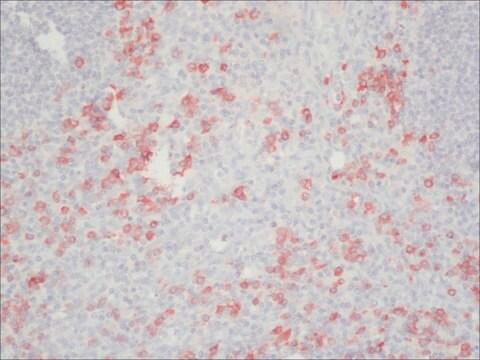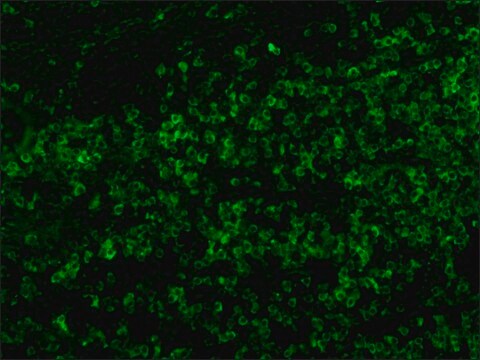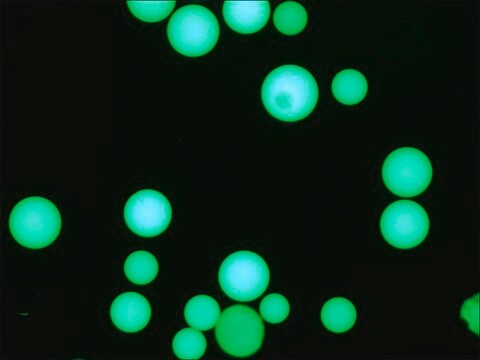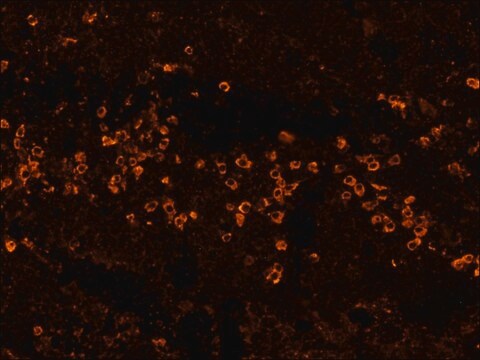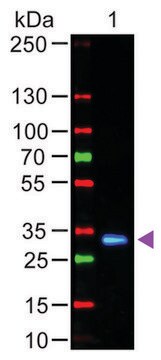SAB3701281
Anti-Human IgG (Fc specific), highly cross adsorbed-Fluorescein antibody produced in goat
affinity isolated antibody, lyophilized powder
Synonym(s):
FITC
About This Item
Recommended Products
biological source
goat
Quality Level
conjugate
fluorescein conjugate
antibody form
affinity isolated antibody
antibody product type
secondary antibodies
clone
polyclonal
form
lyophilized powder
species reactivity
human
technique(s)
direct immunofluorescence: suitable
indirect ELISA: suitable
indirect immunofluorescence: suitable
shipped in
wet ice
storage temp.
2-8°C
target post-translational modification
unmodified
Related Categories
General description
Specificity
Immunogen
Physical properties
Physical form
Reconstitution
Disclaimer
Not finding the right product?
Try our Product Selector Tool.
Signal Word
Danger
Hazard Statements
Precautionary Statements
Hazard Classifications
Acute Tox. 3 Dermal - Acute Tox. 4 Oral - Aquatic Chronic 2
Supplementary Hazards
Storage Class Code
6.1C - Combustible acute toxic Cat.3 / toxic compounds or compounds which causing chronic effects
WGK
WGK 3
Flash Point(F)
Not applicable
Flash Point(C)
Not applicable
Certificates of Analysis (COA)
Search for Certificates of Analysis (COA) by entering the products Lot/Batch Number. Lot and Batch Numbers can be found on a product’s label following the words ‘Lot’ or ‘Batch’.
Already Own This Product?
Find documentation for the products that you have recently purchased in the Document Library.
Our team of scientists has experience in all areas of research including Life Science, Material Science, Chemical Synthesis, Chromatography, Analytical and many others.
Contact Technical Service

